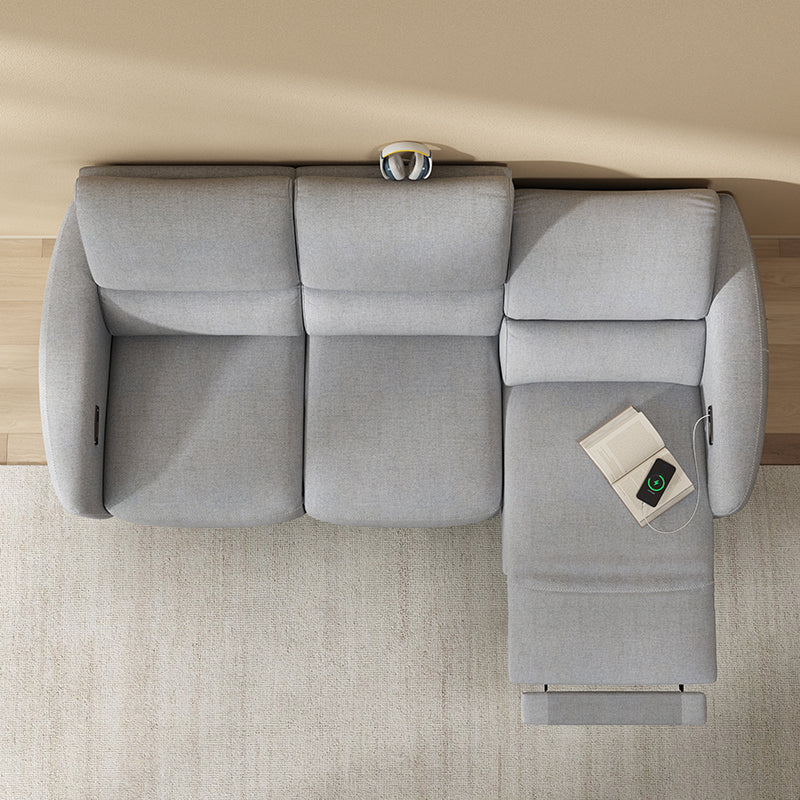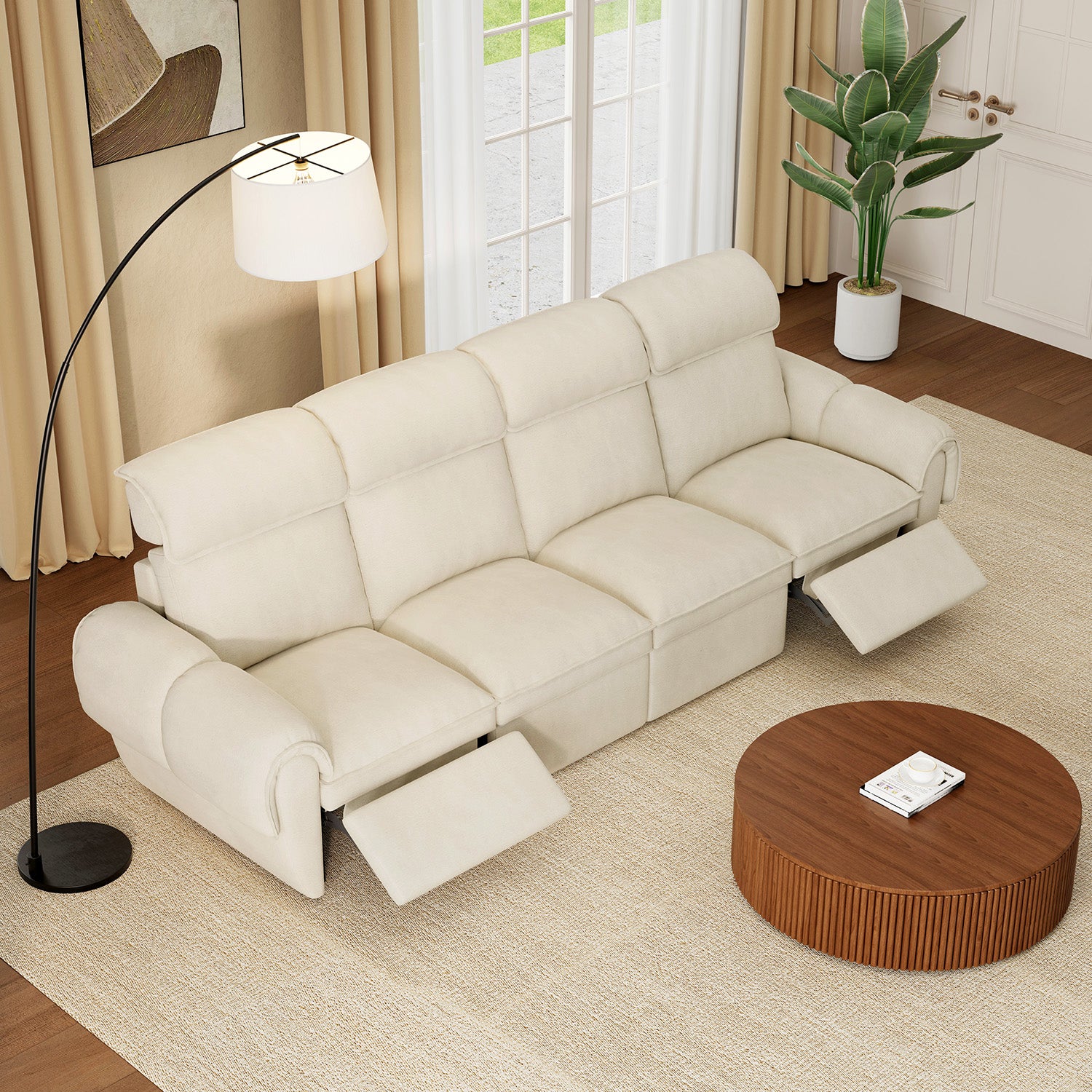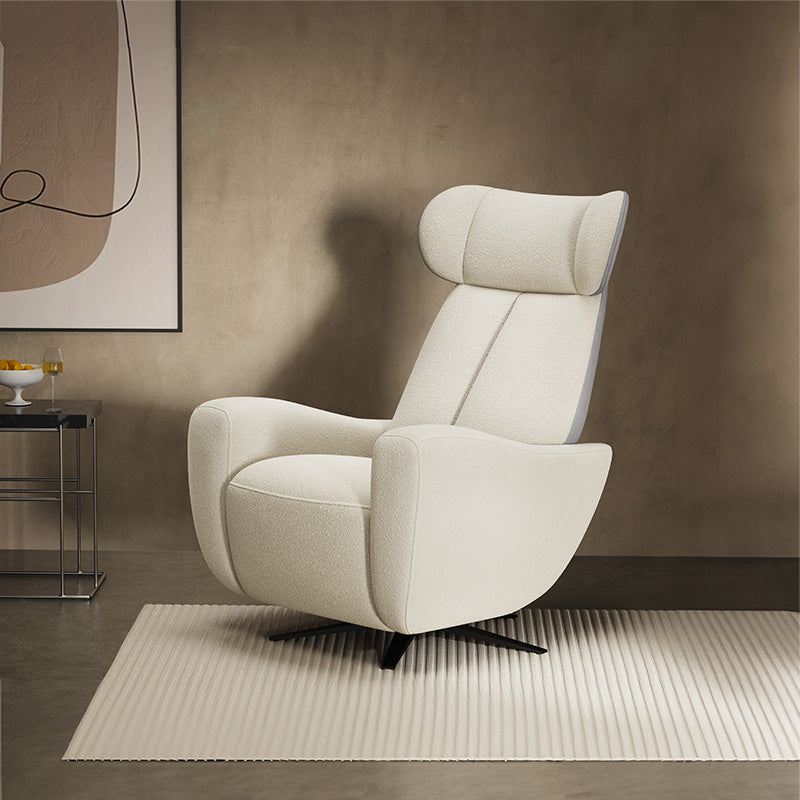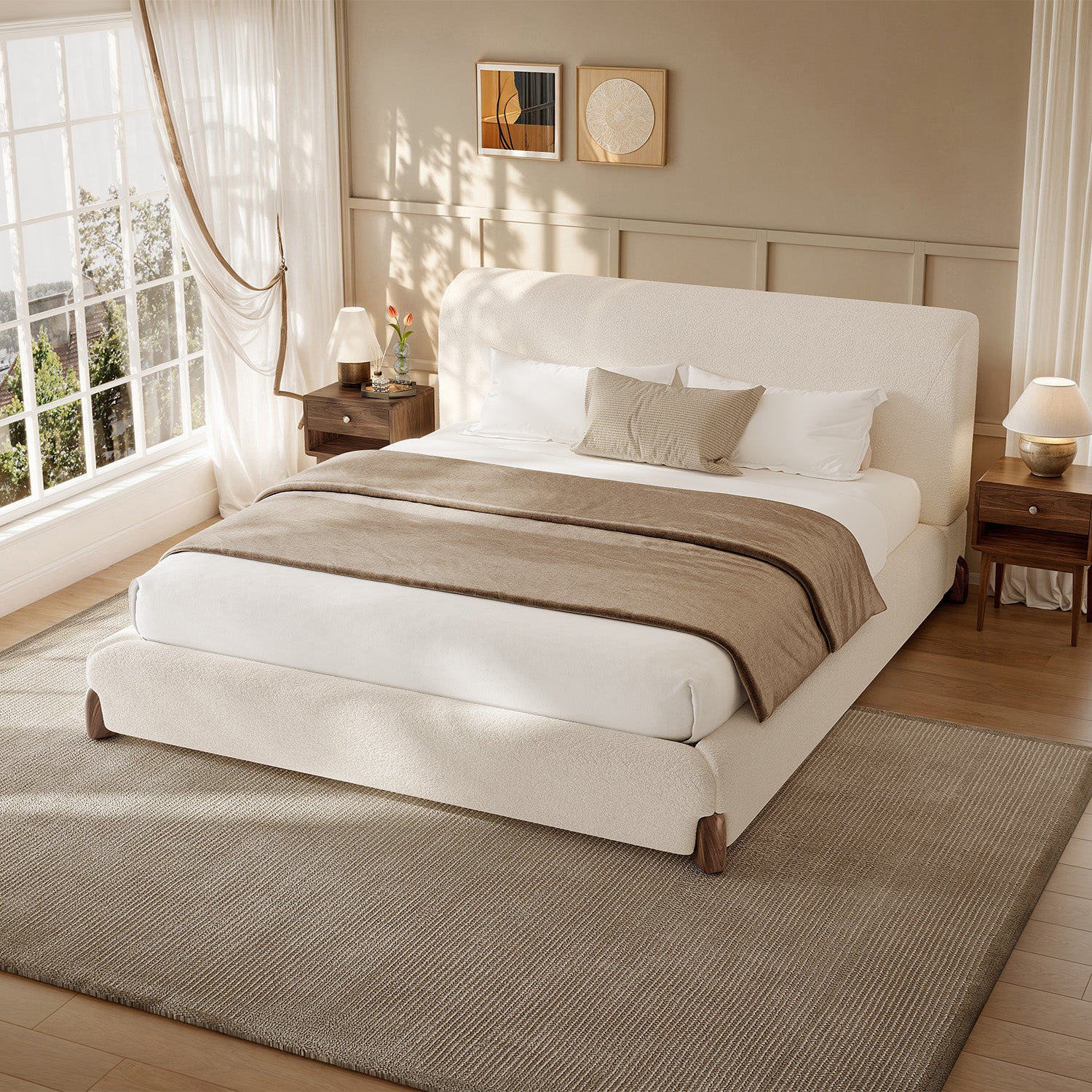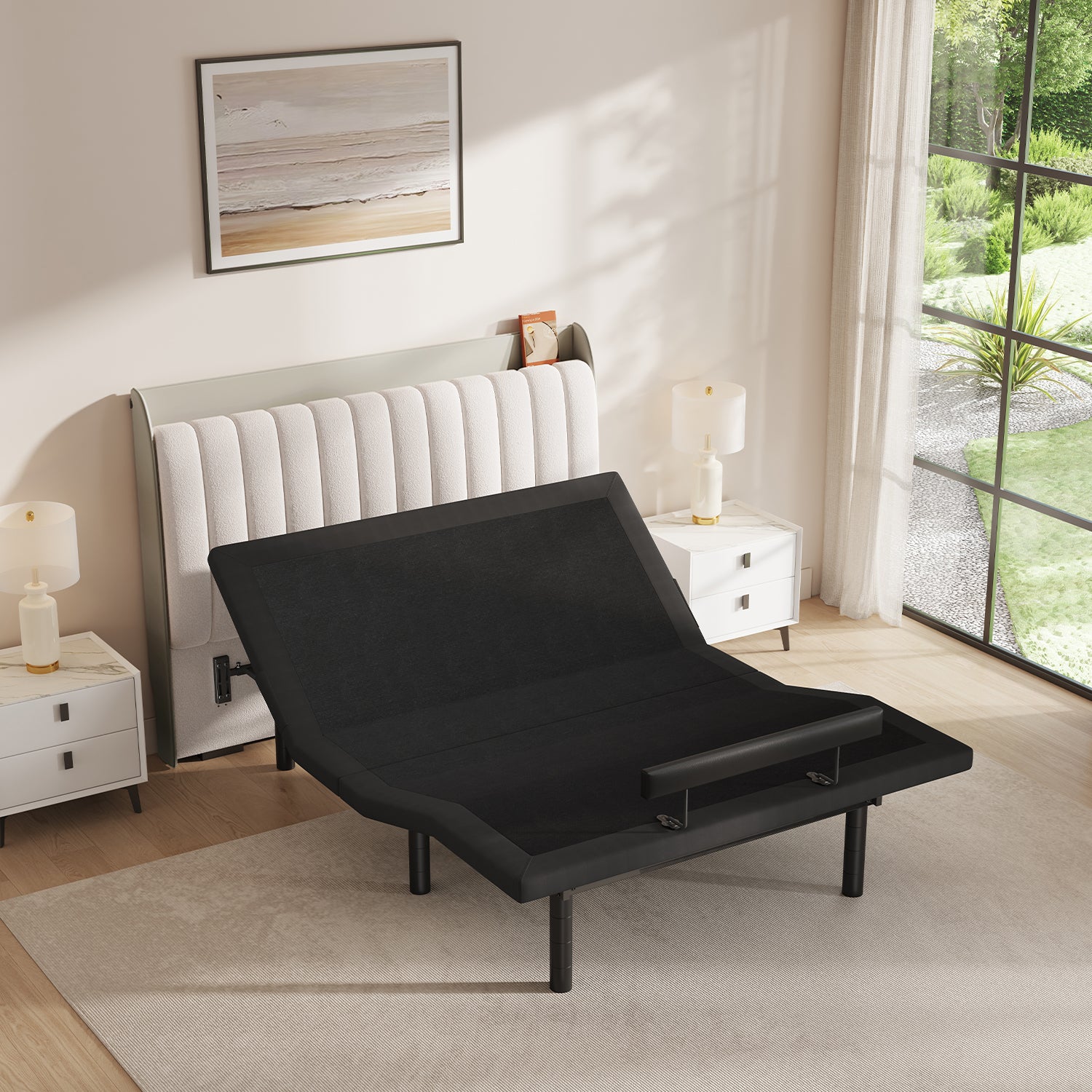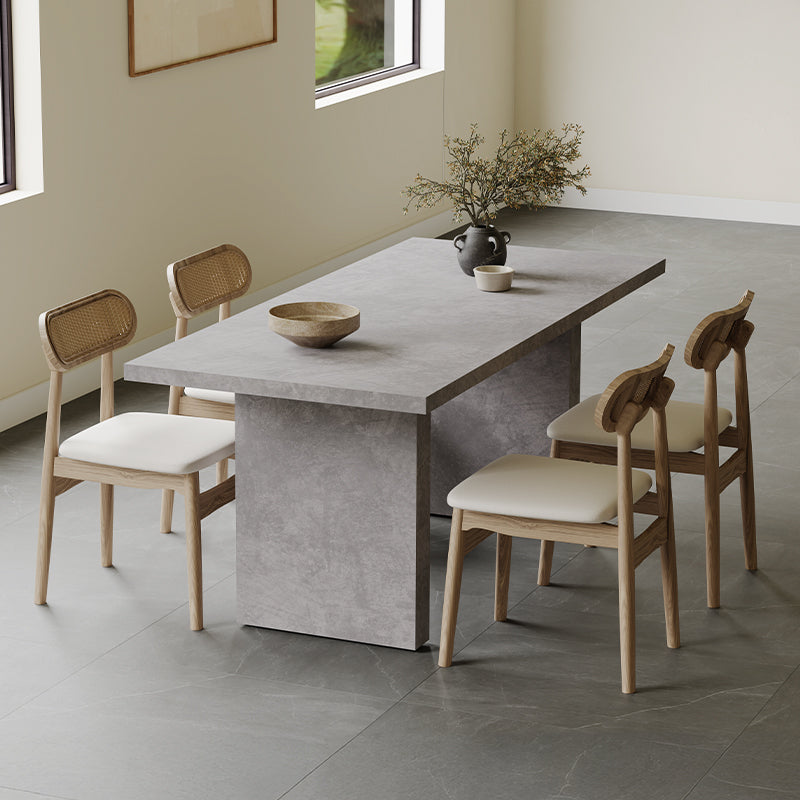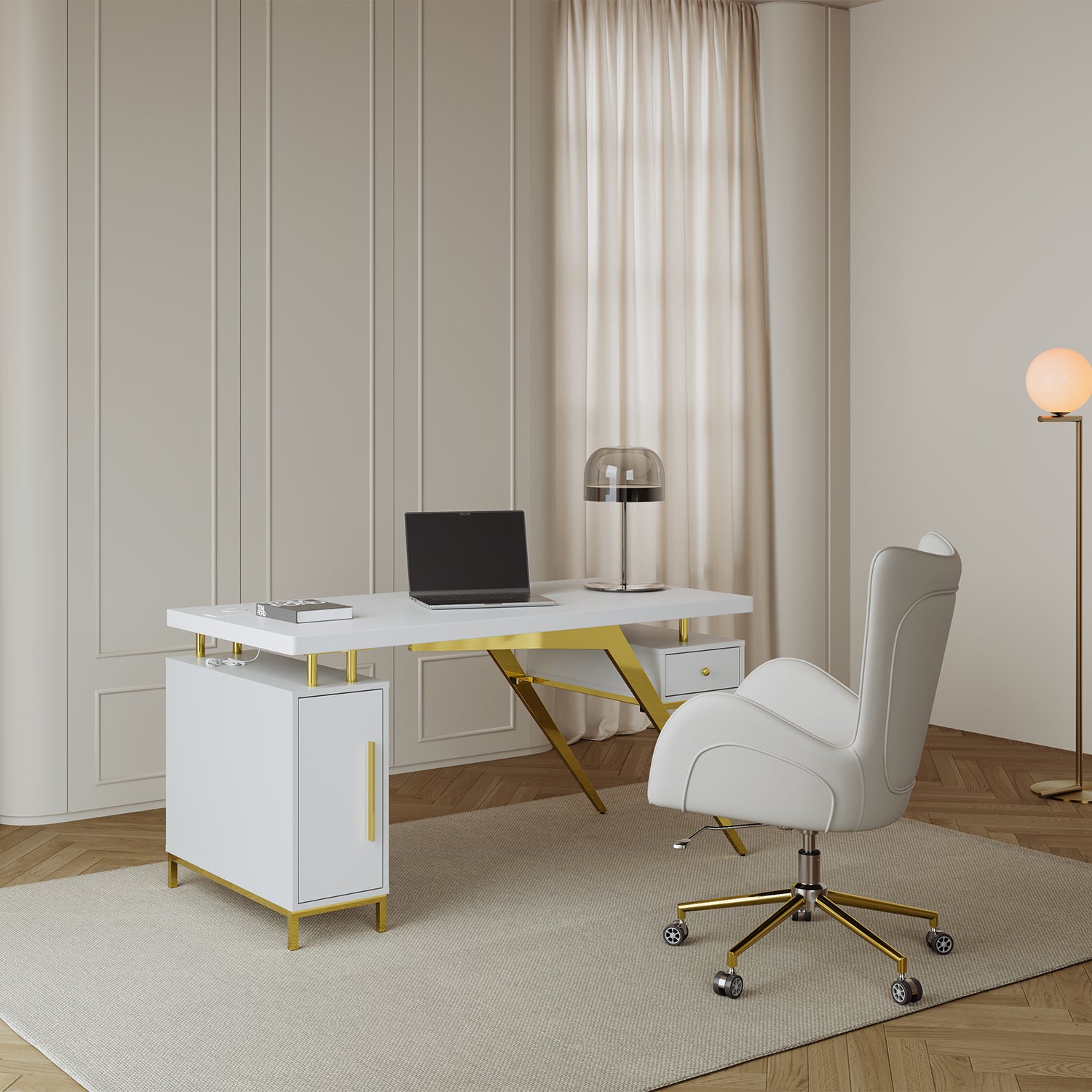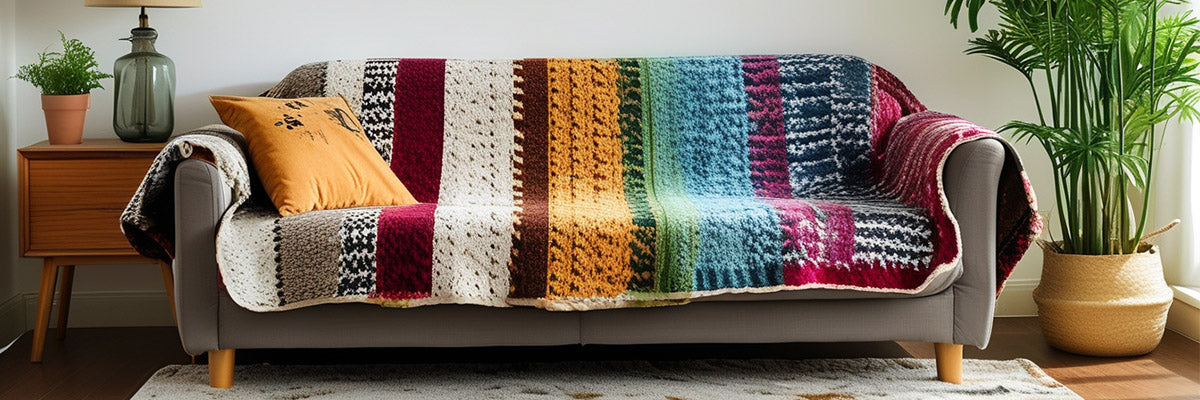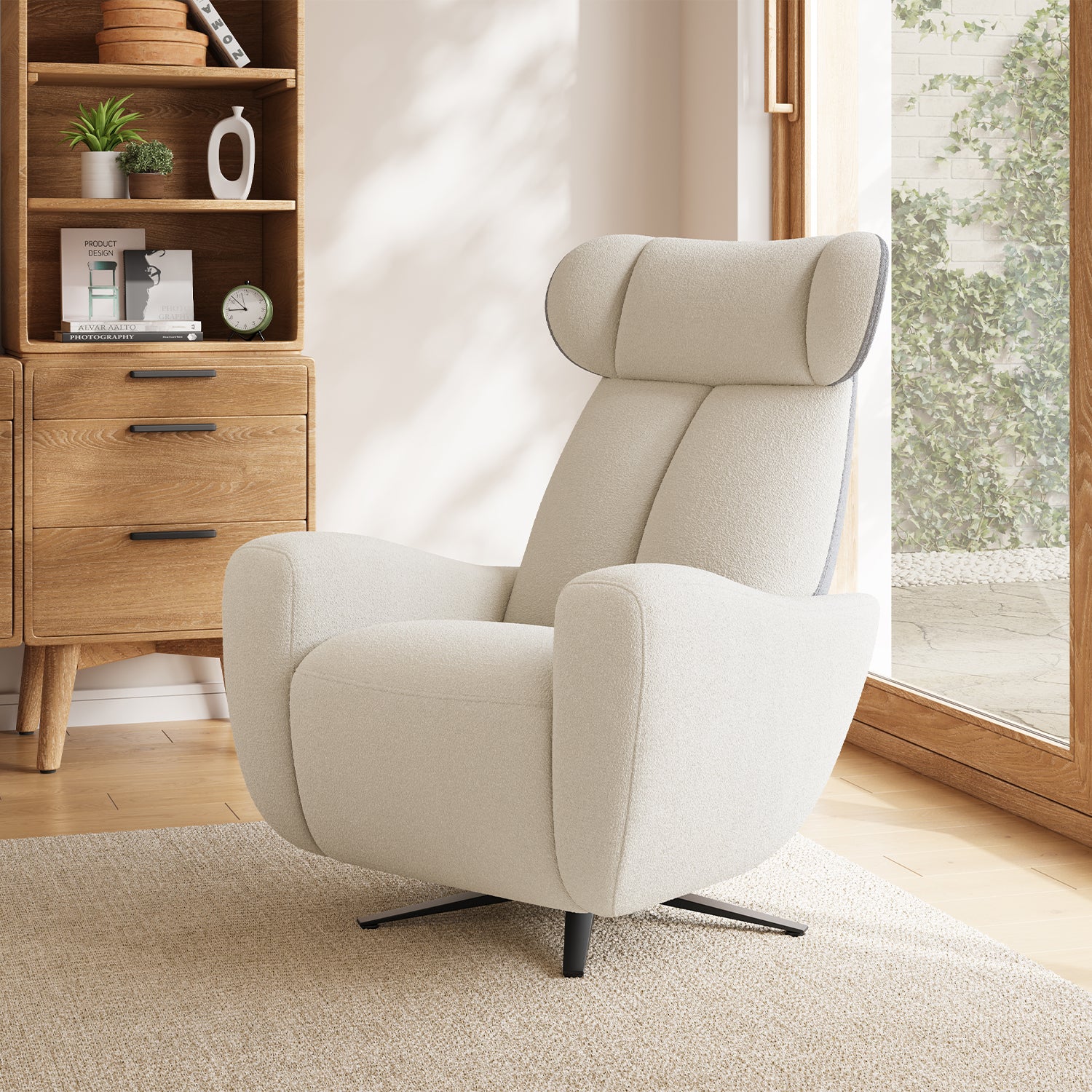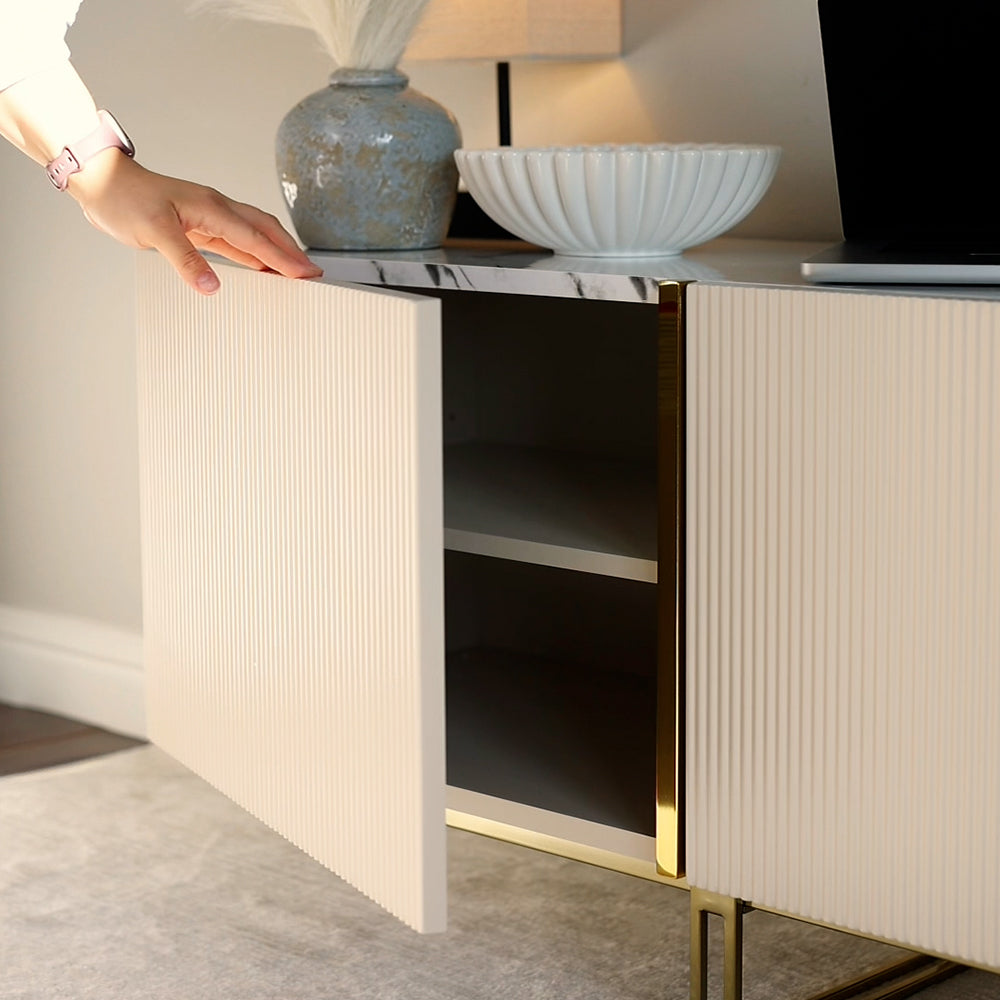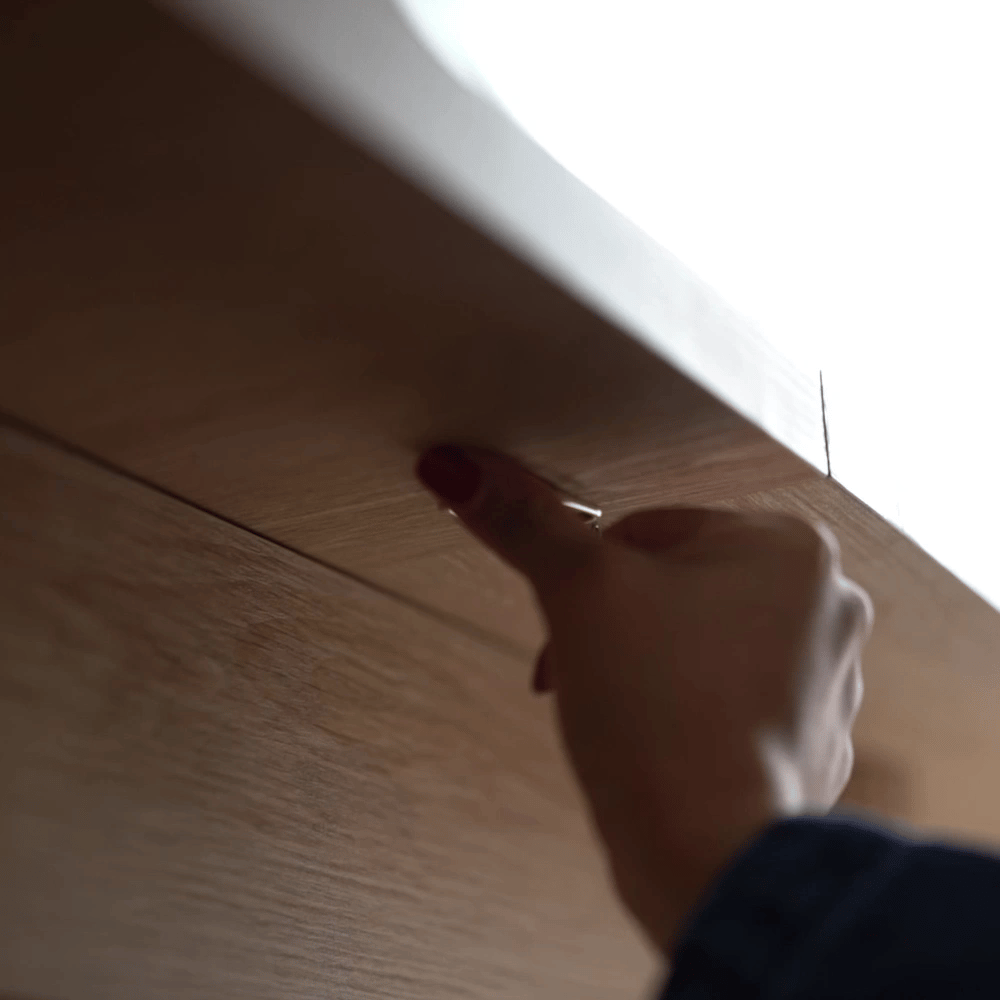Over time, even the most cherished sofa can begin to show signs of wear and tear. Whether it's frayed fabric, stains that won't come out, or just an outdated design, recovering your sofa can give it a fresh new look without the need to buy a new one. Not only is it cost-effective, but it's also a fun DIY project that can bring life back to your living space. In this guide, we'll take you through the steps of recovering a sofa, ensuring your project is both successful and satisfying.
Table of Content
1. Assess Your Sofa
Before diving into the project, start by assessing the sofa's structure. Is it still sturdy? Does the frame need repair? If the sofa’s bones are strong, it’s worth the effort to recover it. Check the cushions, springs, and padding as well. If any of these components are worn out, consider replacing them during the recovery process. Recovering a sofa with a solid frame ensures your hard work will last for years to come.
2. Choose the Right Fabric
The next step is selecting the fabric for your sofa. There are several factors to consider when choosing fabric:
Durability: Opt for fabrics like canvas, microfiber, or twill if your sofa will get heavy use. Leather and faux leather can also be great choices for easy cleaning and a sleek finish.
Color and Pattern: Make sure the fabric complements your living room decor. Consider neutral tones for versatility or bold patterns for a statement piece.
Texture: The fabric should feel comfortable to sit on. Test a sample of the material to make sure it's soft enough for your taste.
For accurate measurement, take the dimensions of your sofa. Measure the length, width, and height of each section (backrest, seat, armrests) and add a few inches for seams and tucking. Generally, a standard-sized sofa will need between 10 and 15 yards of fabric, but this can vary based on the size and style.
3. Gather Your Tools and Materials
In addition to fabric, you will need some basic tools and materials for the recovering process. Here’s a list of the essentials:
- Upholstery fabric
- Scissors
- Upholstery tacks or a staple gun
- Sewing machine (optional)
- Upholstery needle and thread
- Foam padding (if cushions need to be replaced)
- Measuring tape
- Screwdriver (for removing legs or frame components)
- Batting (to add extra cushioning)
- Having all the materials ready ensures a smooth workflow and reduces interruptions.
4. Remove the Old Fabric
Carefully strip the old fabric from the sofa. Start from the back and work your way forward, paying close attention to how the fabric was originally attached. Use a flat-head screwdriver or pliers to remove any staples or tacks. If you plan on using the old fabric as a template for the new one, be careful not to tear it.
As you remove each section, label it to make it easier to reassemble later. This step is crucial for ensuring that your new fabric fits perfectly.

5. Prepare the New Fabric
Once the old fabric is off, use it as a pattern to cut the new pieces. Lay the old fabric on top of your new upholstery fabric and trace around it, leaving about 1 to 2 inches for seams. If you're working with patterned fabric, make sure to align the patterns so that they’re consistent across the sofa.
For curved areas, like armrests, cut the fabric a bit larger and trim it down later for a more precise fit.
6. Attach the New Fabric
Start by covering the largest parts of the sofa, like the seat and backrest. Stretch the fabric tightly over each section, securing it with staples or upholstery tacks on the underside of the frame. If the fabric is loose, the final result may look sloppy, so make sure to pull it taut as you go.
For the arms and curved sections, you may need to fold or pleat the fabric slightly to fit the contours of the sofa. Staple the fabric securely underneath the frame or inside the crevices where it won’t be visible.
If you’re covering individual cushions, you may want to use a sewing machine to make neat, fitted covers. Leave one side open with a zipper or Velcro so you can remove the cover for washing if needed.
7. Finishing Touches
Once the new fabric is securely attached, take a moment to inspect your work. Make sure all the fabric is taut and there are no wrinkles or loose sections. If you’re happy with the fit, trim any excess fabric and secure any remaining loose ends with additional staples or tacks.
If the legs or other parts of the sofa were removed for this process, reattach them securely. Finally, replace any cushions, add decorative pillows if desired, and enjoy your newly refreshed sofa.
8. Caring for Your Recovered Sofa
To ensure your sofa stays in great condition, be mindful of how you maintain it. Regularly vacuum the fabric to remove dust and debris, and address any spills immediately to avoid stains. Depending on the fabric, you may want to apply a fabric protector to prevent wear and tear.
Conclusion
Recovering a sofa can seem daunting at first, but with careful planning and attention to detail, it's a manageable and rewarding project. Not only does it save you the cost of a new sofa, but it also gives you the chance to personalize your furniture to suit your style. Whether you're refreshing an old favorite or updating your decor, recovering a sofa can breathe new life into your living space while giving you a great sense of accomplishment.

If you want to buy our home furniture or couch for living room, you can check out more on our store

